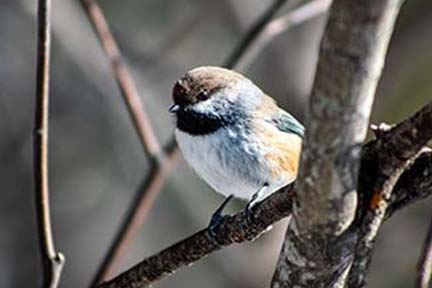
DNR News: Bird feeding 101, new ‘Wildtalk’ and ‘Wardens’
|
|||||||||||||||
|
|||||||||||||||
News Digest – Week of Feb. 5, 2024
|
|||||||||||||||
|

|
|||||||||||||||
|
|||||||||||||||
News Digest – Week of Feb. 5, 2024
|
|||||||||||||||
|
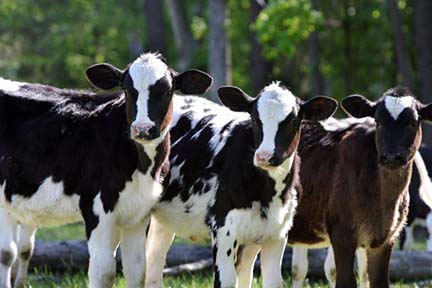
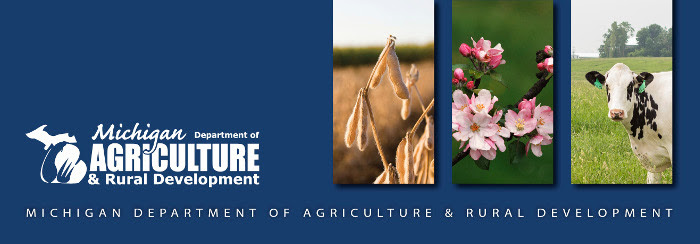 |
| For immediate release: February 6, 2024 Media contact: Chelsea Lewis-Parisio, 517-331-1151 Program contact: Emily Slatter, 608-301-7751 Dairy Business Builder Grant Now Accepting Applications Until April 3, 2024Michigan dairy farms and processors are encouraged to apply LANSING, Mich. – The Dairy Business Innovation Alliance (DBIA) is accepting applications for its Dairy Business Builder Grant opportunity with eligibility for Michigan companies. The Michigan Department of Agriculture and Rural Development (MDARD) joined the federal DBIA program in September 2022. This grant aims to encourage small- to medium-sized dairy farmers, entrepreneurs, and processors in the Midwest to pursue projects such as dairy farm diversification, on-farm processing, value-added product creation, and efforts to market dairy products for export. “Michigan’s dairy industry provides nutritious foods produced and processed locally while making a significant economic impact across our state,” said MDARD Director Tim Boring. “The DBIA program will help local businesses within the dairy industry to advance while increasing sustainable practices.” Since the creation of the 2018 U.S. Farm Bill, the DBIA has administered over $13 million in funding to 129 dairy farms and businesses within the Midwest service area. Reimbursement grants of up to $100,000 each will be awarded to different dairy businesses after a competitive review process. During previous rounds of funding, six Michigan companies received $2.4 million in grants and recently three more Michigan companies were awarded funding including Protein Pints in Grand Rapids, Cream Cup Dairy in Bear Lake, and Semifreddo, LLC in Hart. Previous award recipients can be found here. A webinar for the Dairy Business Builder Grant will be held on February 7, 2024 at 1:00 p.m. Central Time. Registration for the webinar can be found here. Applications for the grant will be accepted until April 3, 2024. Award announcements will be made in late May 2024. |
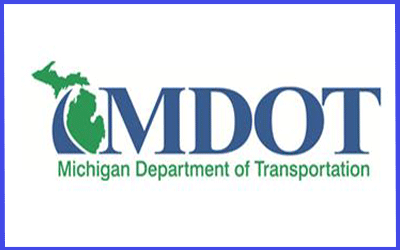
 |
FOR IMMEDIATE RELEASE
February 6, 2024
Northbound I-75 resurfacing from M-15 (Ortonville Road) to Oakland/Genesee county line begins in early March
VILLAGE OF CLARKSTON, Mich. – Bridge and road work along I-75 in northern Oakland County is expected to resume in early March. The Michigan Department of Transportation is investing approximately $160 million to resurface and repair I-75 from M-15 (Ortonville Road) to the Oakland/Genesee county line. This project includes resurfacing I-75, repairing 11 bridges, drainage improvements, culvert replacements, signs, and guardrail. Various work will be performed in different locations with different schedules throughout the 15 miles over four years.
This year, northbound I-75 will be milled and resurfaced from M-15 to the county line, with two lanes of northbound and southbound traffic sharing the southbound side of the freeway. Bridge repairs will be performed throughout the project limits along northbound I-75. Work is expected to be completed for the year in late fall.
In 2025, milling and resurfacing will occur on southbound I-75 from the county line to M-15, with traffic sharing the northbound side. Then in 2026, crews will remove the temporary crossovers and perform the remaining miscellaneous activity.
Funding for this project is made possible by Gov. Gretchen Whitmer’s Rebuilding Michigan program to rebuild the state highways and bridges that are critical to the state’s economy and carry the most traffic. The investment strategy is aimed at fixes that result in longer useful lives and improve the condition of the state’s infrastructure.
Based on economic modeling, this investment is expected to directly and indirectly support 1,936 jobs.
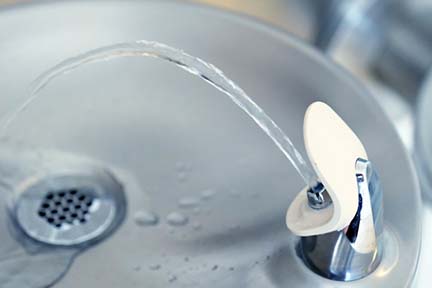
|
|
|
|

FOR IMMEDIATE RELEASE Contact: Ron Leix, Treasury, 517-335-2167 Treasury: Volunteer Tax Preparers Can Connect Taxpayers with Tax Credits, Other BenefitsLow-to-Moderate Income, Older Taxpayers
|